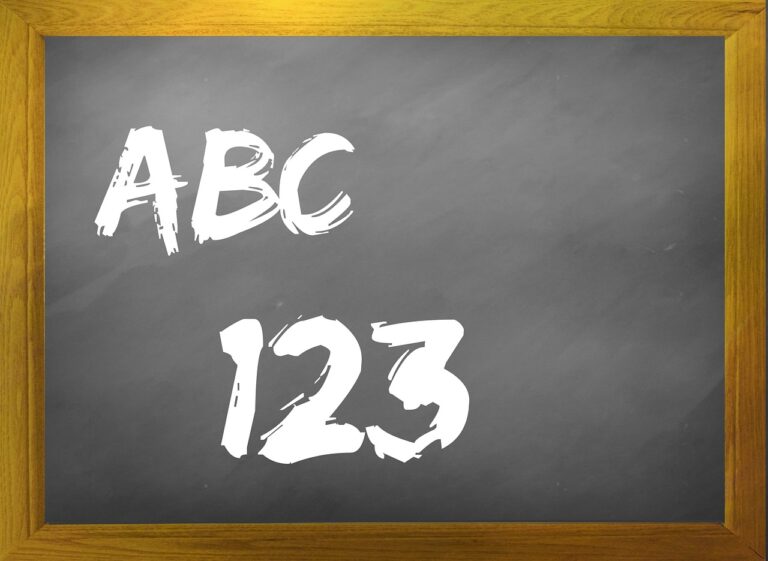Exploring Alternatives to Traditional Grading Systems
It is widely recognized that traditional grading systems often rely heavily on standardized tests and numerical scores to evaluate student performance. However, this approach fails to capture the diverse range of skills and abilities that students possess. As a result, many students may feel discouraged or disengaged from learning when their performance is reduced to a single letter or number.
Furthermore, the emphasis on grades in traditional systems can create a competitive environment that focuses more on comparison rather than individual growth. This can lead to feelings of inadequacy and anxiety among students, as they may feel pressured to outperform their peers rather than focus on their own learning journey. The rigid nature of traditional grading systems can also hinder teachers’ ability to provide meaningful feedback and support for students to progress academically and personally.
Benefits of Implementing Alternative Grading Methods
Implementing alternative grading methods in education can lead to more personalized assessments that cater to individual student needs. By moving away from the traditional one-size-fits-all approach, educators can better evaluate students based on their unique strengths, learning styles, and progress. This shift can help foster a more inclusive and supportive learning environment where students are encouraged to reach their full potential.
Furthermore, alternative grading methods such as competency-based assessments can provide a clearer picture of students’ mastery of skills and knowledge. This approach focuses on students’ understanding and application of content rather than solely on test scores, allowing for a more comprehensive evaluation of their learning. By emphasizing mastery over memorization, students are encouraged to engage in deeper learning experiences and take ownership of their education.
What are some common challenges with traditional grading systems?
Some common challenges with traditional grading systems include focusing on memorization rather than understanding, creating competition among students, and not always accurately measuring a student’s knowledge or skills.
What are some benefits of implementing alternative grading methods?
Some benefits of implementing alternative grading methods include promoting a growth mindset, encouraging creativity and critical thinking, reducing stress and anxiety for students, and providing a more comprehensive assessment of a student’s abilities.
How can alternative grading methods address the challenges of traditional grading systems?
Alternative grading methods can address the challenges of traditional grading systems by focusing on mastery of skills and concepts, providing more personalized feedback to students, and valuing progress and improvement over a fixed grade.
Are alternative grading methods suitable for all subjects and grade levels?
Yes, alternative grading methods can be adapted to suit a variety of subjects and grade levels. Whether it’s project-based assessments, competency-based grading, or narrative evaluations, there are alternative methods that can work in various educational settings.





